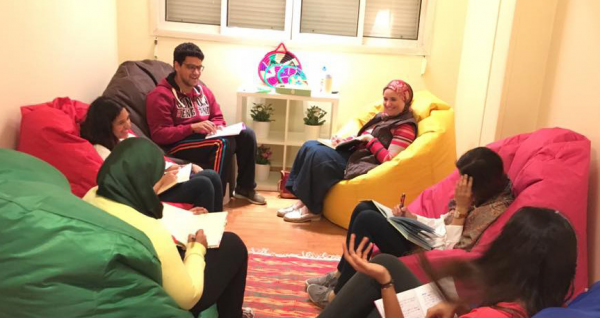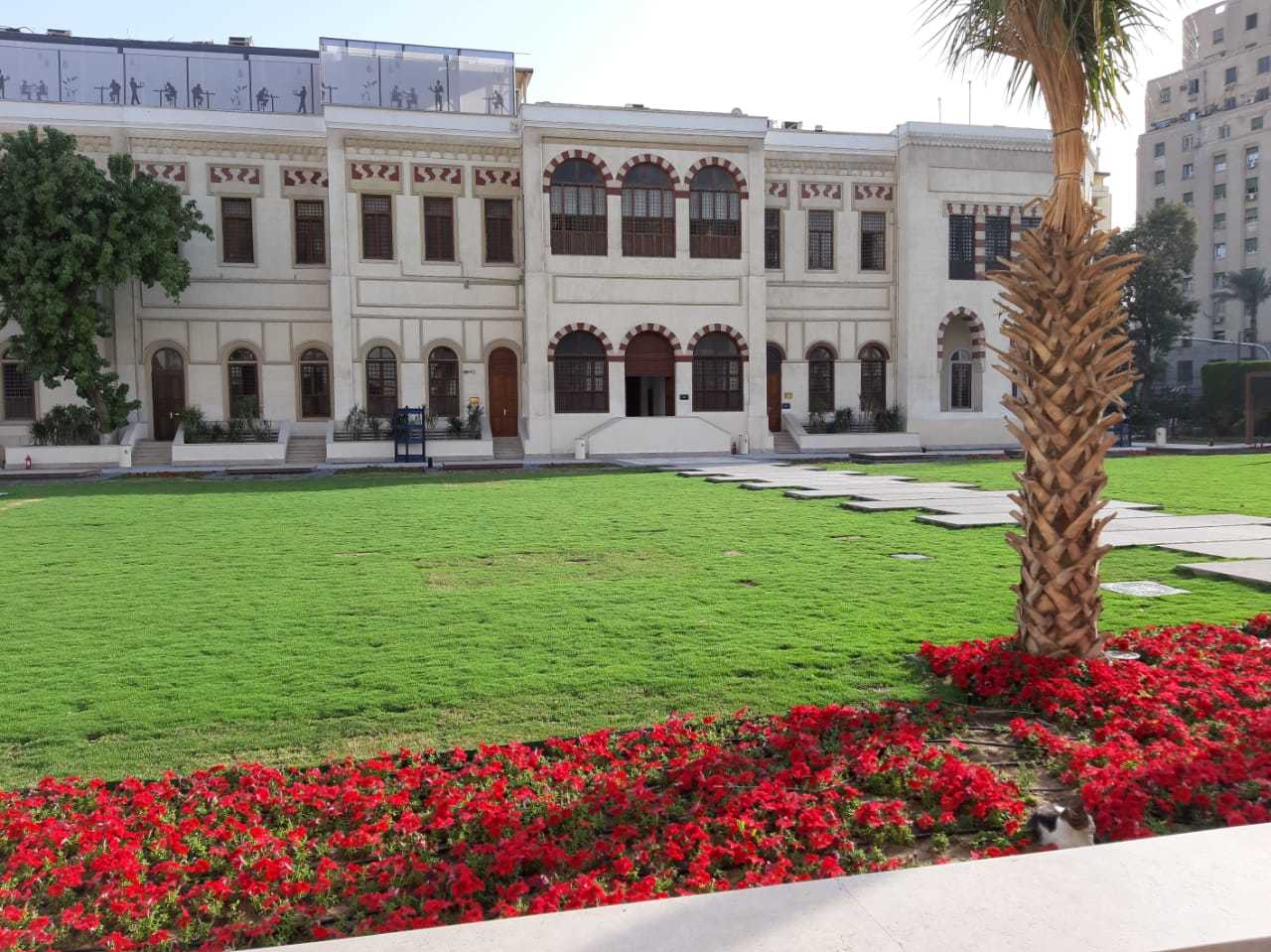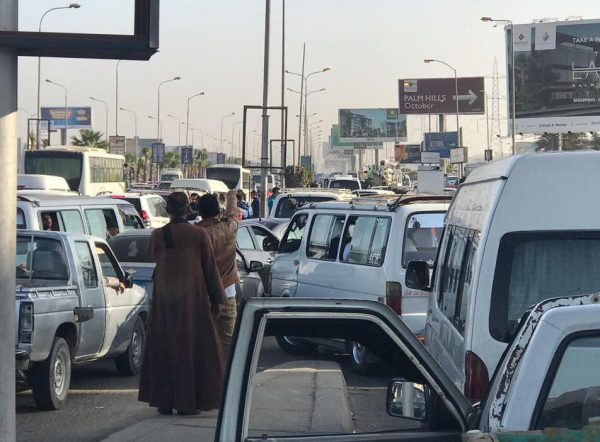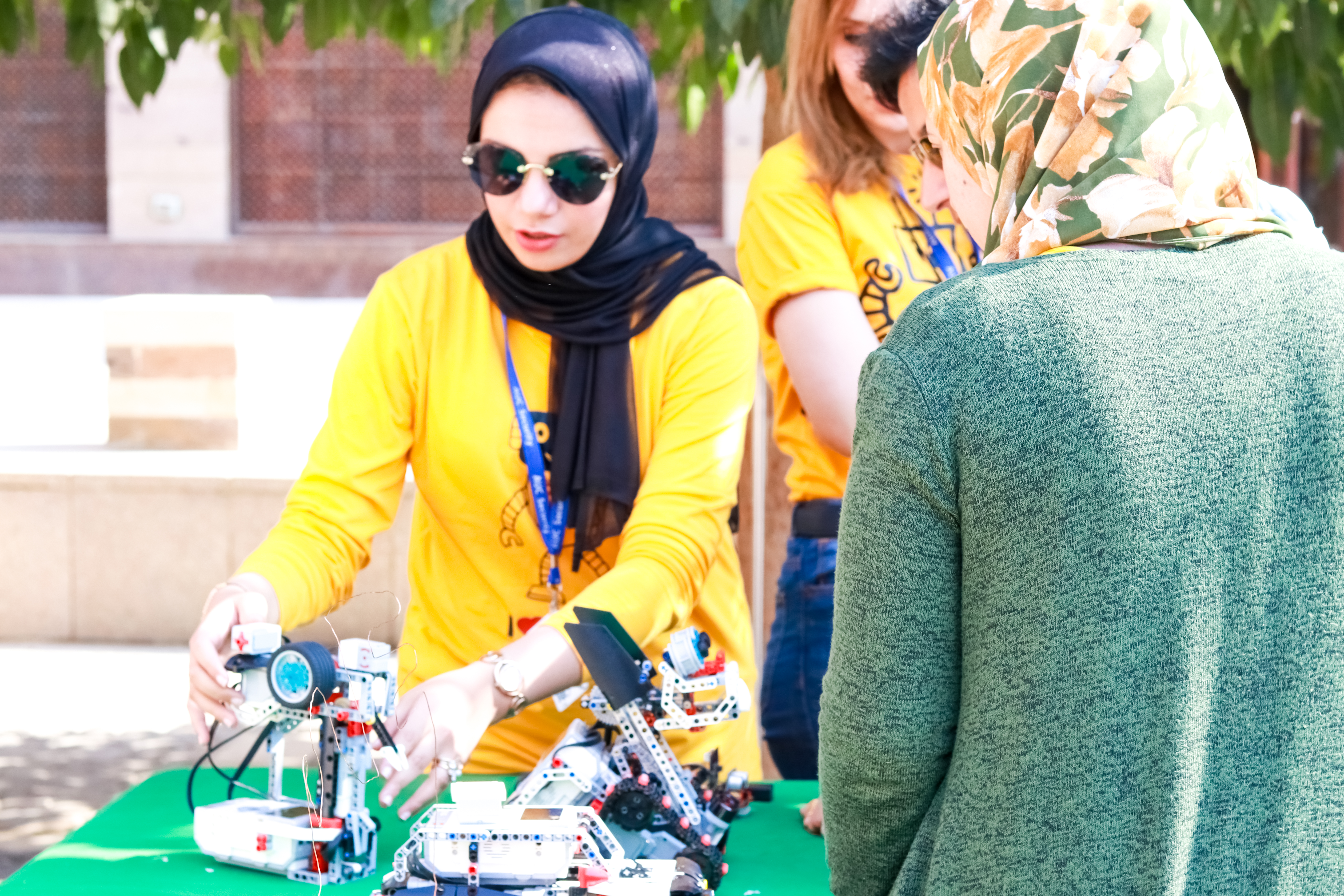A Revival in the Culture of Group Therapy in Egypt

By: Doaa Abdelghany
@Dootsie5
According to a study conducted by the Journal of Social Issues in 2010, “identification with a stigmatized group can buffer individuals from the adverse effects of stigma” because of their ability to provide a basis of social support.
“Group therapy sessions are led by one or more psychologists with specialized training, who teach group members proven strategies for managing specific problems,” according to the American Psychological Association.
However, support groups are not always moderated by a professional – a person who themselves has recovered can often take the lead to tackle issues such as drug abuse, rape and grief.
Various counseling centers in Egypt, like Heal, Serenity, Exist, Nūn, Narcotics Anonymous, Alcoholics Anonymous and the Egyptian Association for Group Therapy, currently administer group therapy sessions.
The growing awareness of support groups found its way to the Ramadan hit-series Taht el Saytara (Under Control), which portrayed the rehabilitation for drug addiction in a positive light.
The series made significant contributions to the public understanding of the complex dynamics suffering individuals experience in both rejecting and embracing help.
Alexandra Gazis, adjunct faculty at the psychology department and assistant director for student disability services, believes the increase of awareness regarding the topic is a result of the taboos surrounding it slowly beginning to fade away.
“The new generations are more accepting of the fact that it is okay to go to therapy and seek help and a reason behind that is the internet. For our culture, support groups are more friendly due to the familiarity [when compared to] group therapy.”
There is no doubt that the internet has also played a great role in contributing to the spread of awareness and the dissemination of various means through which one can seek help.
A number virtual therapy websites such as Shezlong and a myriad of Facebook support groups for almost all mental illnesses, such as Me, Myself & Anxiety, C-PTSD [Complex Post Traumatic Stress Disorder] due to Developmental Trauma, Anxiety & Depression Support Sanctuary and Depression Group Support Egypt have mushroomed to increase the scope of the help available to individuals.
“Now, you can seek help while sitting alone in your room with your laptop. Virtual therapy has become a very useful tool for people to seek help through,” Gazis told The Caravan.
Carine Karnouk, a counselling psychologist at Nūn Center in Zamalek, believes that group therapy can also provide the privacy some individuals might need.
“Group therapy allows people to feel that they are not alone. When I accentuate the importance of confidentiality and that it is the client’s right, they feel more empowered and willing to share. More people are signing up for group therapy and the turnout is improving.”
AUC’s counselling center also offers group therapy sessions for its clients. The current group focuses on teaching several skills, such as emotional regulation, distress tolerance, interpersonal skills and mindfulness.
“We conducted a screening for the clients that visit the clinic and we recommended the group to those who we saw needed it the most. The group includes six members and is moderated by two counsellors,” said Mehry Gawaly, a psychology graduate student and counsellor at the psychology clinic.
According to Gawaly, group therapy is considered the best method of treatment for issues such as anxiety, stress, bereavement; the group dynamic helps clients by ‘normalizing’ the experience in a healthy manner.
“Egyptian universities have a services center, one of them is the center of psychological guidance administers support groups which are open to the public with minimum prices,” said Gazis.
Since these groups are run by specialized professors and doctors from universities, clients who are enrolled in these groups and students at these universities are assisted by professionals.
Gazis added that Egyptian universities should try to expand their scope and engage in awareness campaigns regarding the existence of such groups, so that they can reach students who are in dire need of help.




